Online CDL Permit Practice Tests
state Georgia
Ace Your Georgia CDL Exam: Free Practice Tests
Don't waste your time - start practicing with free online tests today
Our free online CDL practice tests cover all the essential topics, including General Knowledge, Air Brakes, and Combination Vehicles. Practice at your own pace, anytime, anywhere, to build your confidence and ensure you’re fully prepared for your CDL exam.
General Knowledge Test
Air Brakes
Test
Combination Vehicle Test
Step-by-Step Guide to Getting a CDL in Georgia
Step 1: Determine Your CDL Class and Endorsements
In Georgia, obtaining a Commercial Driver’s License (CDL) begins with identifying the appropriate CDL class and any necessary endorsements based on the type of commercial vehicle you intend to operate and the nature of your driving responsibilities.
CDL Classes in Georgia:
Class A: Required for operating a combination of vehicles with a combined weight exceeding 26,001 pounds, provided the vehicle being towed weighs more than 10,000 pounds. This class permits the operation of Class B and C vehicles with the appropriate endorsements.
Class B: Pertains to single vehicles weighing 26,001 pounds or more, with any towed vehicle weighing less than 10,000 pounds. Holders of a Class B CDL may also operate Class C vehicles with the necessary endorsements.
Class C: Applies to vehicles designed to transport 16 or more passengers, including the driver, or vehicles used to transport hazardous materials requiring placarding, provided they do not meet the criteria for Class A or B.
CDL Endorsements in Georgia:
Depending on your specific driving duties, you may need to obtain one or more endorsements to your CDL:
P (Passenger) Endorsement: Allows the operation of vehicles carrying 16 or more passengers, including the driver. Requires both knowledge and skills tests.
S (School Bus) Endorsement: Authorizes the operation of school buses. Applicants must pass both knowledge and skills tests specific to school bus operation.
T (Double/Triple Trailer) Endorsement: Permits the towing of double or triple trailers. Only a knowledge test is required, and this endorsement is valid exclusively for Class A CDL holders.
N (Tank Vehicle) Endorsement: Allows the operation of vehicles designed to transport liquid or gaseous materials in tanks. Requires a knowledge test and is valid for Class A and B CDL holders.
H (Hazardous Materials) Endorsement: Enables the transport of hazardous materials. Applicants must pass a knowledge test and undergo a Transportation Security Administration (TSA) background check, including fingerprinting. This endorsement is valid for Class A, B, and C CDL holders.
X (Combination of Tank Vehicle and Hazardous Materials) Endorsement: Combines the qualifications of both the N and H endorsements. A knowledge test is required, and it is valid for Class A, B, and C CDL holders.
It is crucial to determine the specific class and endorsements applicable to your intended commercial driving activities before proceeding with the CDL application process. This ensures compliance with Georgia’s regulations and prepares you for the necessary tests and training.
Step 2: Obtain a Commercial Learner's Permit (CLP):
In Georgia, after determining your CDL class and endorsements, the next step is to get your Commercial Learner’s Permit (CLP). The CLP allows you to legally practice driving a commercial vehicle on public roads under the supervision of a qualified CDL holder.
To apply for a CLP in Georgia, you must already hold a valid Georgia Class C (regular) driver’s license and be at least 18 years old for intrastate driving or 21 years old for interstate driving or transporting hazardous materials. You are required to present proof of identity, U.S. citizenship or lawful presence, Social Security Number, and two documents showing Georgia residency. You can find a full list of accepted documents on the Georgia Department of Driver Services (DDS) website.
When applying, you will have to pass the required written knowledge exams based on the CDL class and any endorsements you plan to obtain. These tests include the General Knowledge test, and if applicable, tests for Air Brakes, Combination Vehicles, and any endorsements such as Tanker (N), Passenger (P), or Hazardous Materials (H).
You must also pass a vision exam at the time of your application. Once you successfully complete the required tests and provide the necessary documents, you will be issued a CLP, which is valid for 180 days and may be renewed once for an additional 180 days.
While holding your CLP, you are required to operate a commercial vehicle only under the direct supervision of a qualified CDL driver who is at least 21 years old and holds the same class and endorsements as the vehicle you are driving.
You must hold your CLP for at least 14 days before you are eligible to take the CDL skills test. This period gives you time to practice your driving skills and prepare for the final testing phase.
For full details on the CLP application process, including fees and required documentation, visit the official Georgia DDS website at dds.georgia.gov.
Step 3: Complete Entry-Level Driver Training (ELDT):
In Georgia, after obtaining your Commercial Learner’s Permit (CLP), you must complete Entry-Level Driver Training (ELDT) if you are applying for certain types of CDLs or endorsements. This federal requirement, which began on February 7, 2022, applies to anyone who is:
- Applying for a Class A or Class B CDL for the first time.
- Upgrading from a Class B to a Class A CDL.
- Obtaining endorsements such as Hazardous Materials (H), Passenger (P), or School Bus (S).
ELDT must be completed through a training provider registered with the Federal Motor Carrier Safety Administration (FMCSA) Training Provider Registry (TPR). These providers offer both theory (classroom or online) and behind-the-wheel (range and road) training.
The ELDT curriculum covers topics such as vehicle operation, safety procedures, traffic laws, and cargo handling. For endorsements like Hazardous Materials, the training will also include content specific to handling dangerous goods safely.
Once you finish your ELDT, your training provider will electronically submit your completion record to the FMCSA. Without this confirmation, you cannot schedule your CDL skills test or take the knowledge test for a Hazardous Materials endorsement.
Completing ELDT is a required step in Georgia’s CDL process and helps ensure that you are properly trained to operate commercial vehicles safely and legally. You can find an approved training provider through the FMCSA website or contact the Georgia Department of Driver Services (DDS) for more information.
Step 4: Practice with Your CLP:
Once you have your Commercial Learner’s Permit (CLP) in Georgia, it’s important to use this time to practice operating a commercial vehicle to prepare for your CDL skills test. You must hold your CLP for at least 14 days before you are eligible to take the skills test, and this period is meant to give you the chance to gain hands-on driving experience.
While driving with your CLP, you are only allowed to operate a commercial vehicle if a qualified CDL holder is seated in the front passenger seat. This supervising driver must be at least 21 years old and have a valid CDL for the same class of vehicle you are practicing with, along with any required endorsements.
During this practice time, you should focus on developing the skills you will be tested on during the CDL skills exam. This includes learning how to complete a full pre-trip inspection, practicing basic vehicle control maneuvers like backing and turning, and becoming comfortable driving on public roads in a variety of traffic conditions.
Practicing regularly and working closely with an experienced driver will help you build the confidence and ability needed to safely handle a commercial vehicle and successfully pass the skills test. This step is critical to ensure you are fully prepared before moving on to the final testing phase.
Step 5: Schedule and Pass the CDL Skills Test:
After holding your Commercial Learner’s Permit (CLP) for at least 14 days and gaining enough driving practice, the next step is to schedule your CDL skills test in Georgia. The skills test is required to demonstrate your ability to safely and properly operate a commercial vehicle and must be taken at an approved Georgia Department of Driver Services (DDS) testing center or a third-party testing provider.
The CDL skills test is made up of three main parts. The first part is the Pre-Trip Vehicle Inspection, where you must show that you know how to inspect your vehicle to confirm it is safe to drive. You will be asked to point out and explain various components of the vehicle and describe how you would check them.
The second part of the test is the Basic Vehicle Control Skills Test. In this section, you will demonstrate your ability to control the vehicle by performing maneuvers such as straight-line backing, offset backing, and parallel parking.
The third and final part is the On-Road Driving Test. For this portion, you will drive the commercial vehicle on public roads while the examiner evaluates your ability to handle different traffic situations, including turns, lane changes, intersections, and proper use of vehicle controls.
Before your test day, make sure the vehicle you bring is the same type you plan to be licensed to drive and that it is in safe, working condition. If you test in a vehicle without certain features, such as air brakes, your CDL may have restrictions.
Once you pass all three parts of the CDL skills test, your results will be recorded with Georgia DDS, and you will become eligible to obtain your official Commercial Driver’s License.
Step 6: Obtain Your CDL:
After you successfully pass the CDL skills test in Georgia, the final step is to get your official Commercial Driver’s License (CDL). Once your test results are submitted and verified by the Georgia Department of Driver Services (DDS), you can visit a DDS Customer Service Center to complete the process.
When you go to obtain your CDL, you must bring your current Georgia driver’s license, your valid CLP, proof of identity, proof of Social Security Number, and two documents showing your Georgia residency. If you are required to have a medical certification, you must also provide your valid Medical Examiner’s Certificate (DOT card).
At the DDS office, you will pay the CDL issuance fee, which varies based on the class of license and any endorsements you have. Once everything is processed, DDS will issue your CDL, and you will officially be licensed to operate commercial vehicles according to the class and endorsements on your license.
After receiving your CDL, it is your responsibility to keep it valid by renewing it on time, keeping your medical certification current, and following all safety regulations. At this point, you are fully authorized to begin working as a professional commercial driver in Georgia.
Additional Considerations:
Before and after getting your CDL in Georgia, there are a few important things to keep in mind to maintain your license and stay compliant with state and federal regulations.
First, you must complete Medical Certification if you operate a commercial vehicle that requires a medical card. You need to self-certify your type of commercial driving (interstate or intrastate) and submit a valid Medical Examiner’s Certificate to Georgia DDS. If your medical certificate expires and you do not update it with DDS, your CDL may be downgraded, suspended, or canceled.
If you plan to transport hazardous materials, you will also need to apply for a Hazardous Materials Endorsement (HME). This requires passing a written knowledge test and completing a federal TSA background check, including fingerprinting and a security threat assessment. Your hazardous materials endorsement must be renewed every five years, and the background check must be kept current.
Georgia also offers a Military Skills Test Waiver for service members who have recent experience operating large military vehicles. If you qualify, you may be able to skip the CDL skills test, though you must still complete the required knowledge tests and meet other CDL requirements.
It’s also important to maintain a clean driving record. CDL holders are held to higher standards than regular drivers, and certain violations—including DUIs, reckless driving, or leaving the scene of an accident—can result in suspensions, disqualification, or permanent revocation of your CDL.
Finally, stay on top of all renewals and updates. Keep track of expiration dates for your CDL, medical certificate, and any endorsements you hold. Missing deadlines or failing to meet regulatory requirements can put your CDL at risk and interrupt your driving career.
By following these additional guidelines and staying informed through the official Georgia DDS website (dds.georgia.gov), you can protect your CDL and stay compliant as a professional driver.
Frequently asked questions
What are the age requirements to get a CDL in Georgia?
You must be at least 18 years old to obtain a CDL in Georgia for intrastate driving, which means you can only operate commercial vehicles within Georgia. To drive across state lines (interstate), transport hazardous materials, or operate vehicles carrying passengers, you must be at least 21 years old.
Do I need a regular driver’s license before applying for a CDL?
Yes, you must have a valid Georgia Class C (regular) driver’s license before you can apply for a Commercial Learner’s Permit (CLP) or CDL.
What is a Commercial Learner’s Permit (CLP), and how do I get one?
A CLP allows you to practice driving a commercial vehicle on public roads with a qualified CDL holder. To get a CLP in Georgia, you must pass the required knowledge tests, meet age and residency requirements, provide identity and residency documents, and pay the applicable fees.
How long do I need to hold my CLP before taking the CDL skills test?
You are required to hold your CLP for at least 14 days before you can take the CDL skills test.
What is Entry-Level Driver Training (ELDT), and is it required in Georgia?
Yes, ELDT is mandatory in Georgia. Anyone applying for a Class A or B CDL for the first time, upgrading from Class B to Class A, or applying for certain endorsements (such as Passenger, School Bus, or Hazardous Materials) must complete ELDT through an approved training provider.
Do I need a medical certificate to get a CDL in Georgia?
Yes, most CDL holders are required to submit a valid Medical Examiner’s Certificate and self-certify their type of driving (interstate or intrastate) with Georgia DDS. Your medical certificate must be kept up to date to keep your CDL valid.
How do I get a Hazardous Materials Endorsement (HME) in Georgia?
To obtain a Hazardous Materials Endorsement, you must pass a knowledge test, complete a TSA background check with fingerprinting, and meet all other CDL and federal security requirements.
Can military experience help me get a CDL in Georgia?
Yes, Georgia participates in the Military Skills Test Waiver program. If you have recent, relevant experience driving large military vehicles, you may be eligible to waive the CDL skills test, though you still need to pass the knowledge tests.
What happens if my medical certificate expires?
If you fail to keep your medical certificate current, Georgia DDS may downgrade, suspend, or cancel your CDL. It is important to renew your medical certificate on time and provide updated documentation to DDS.
Where can I find official CDL information for Georgia?
You can find complete and official information on the Georgia Department of Driver Services (DDS) website at https://dds.georgia.gov.



